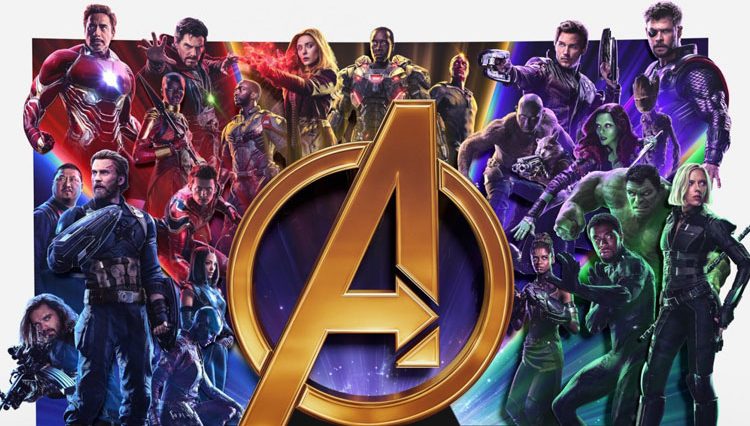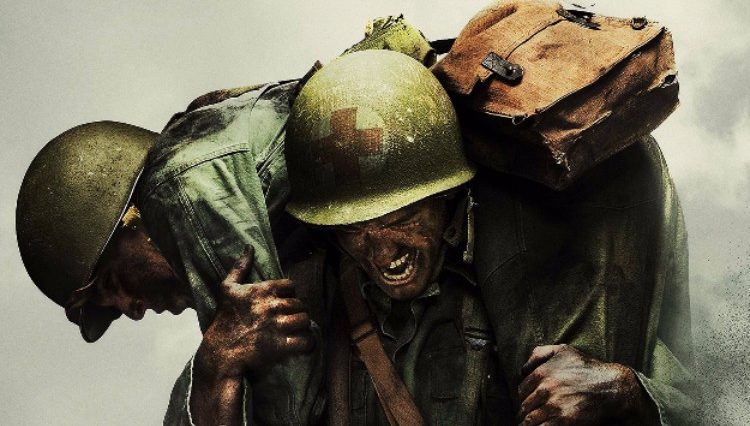“Beethoven was deaf. Helen Keller was blind. I think Rocky’s got a good chance.”
Rocky, 1976 (Sylvester Stallone) United Artists
A meek and modest drama, if there ever was one, Rocky was marketed as a sleeper at a time when movies were given a chance for success. True, this was after Jaws and the dependence (possibly over-reliance) on opening weekend numbers, but if very little money (less than a million dollars) was spent due to the rise of an untested demographic coupled with an inexperienced actor’s screenplay, such experiments were welcome. In fact, Rocky might be the most profitable movie ever made considering it earned over $225 million at the box office.
The movie isn’t really about boxing. Sylvester Stallone’s Robert “Rocky” Balboa is a thug enforcer for the local “politician,” Tony Gazzo (the inimitable Joe Spinell). He toyed around with boxing long enough to acquire stats, but he always seemed to fold due to his lack of stamina and inability to take a punch. Enter Apollo Creed (Carl Weathers), current heavyweight champion of the world. He’s tired of sparring with the same cluster of faces and worries his career may be over soon. He puts out an open call to anyone, any unknown out there who thinks they can go the distance with him, and he’ll even furnish the proceedings and pay his opponent.
This is all a matter of keeping Creed relevant as a fighter, even though he’s become something of an industry with endorsements and product lines. He represents the establishment; the trained athlete, whereas Balboa represents the auto-didact; the self-taught streetfighter. What’s most impressive about Stallone’s script is that it doesn’t (you’ll forgive the expression) pull any punches. The script introduces us to an imperfect vessel, undisciplined yet capable of understanding his flaws. Even as he works on them, he knows (and we know) he won’t have them completely licked by movie’s end. Rocky (the first Rocky) is a stunning character piece, exemplar of ’70s filmmaking.
Balboa is a man who loses and wins at the same time. He goes the distance with Creed, stunning the boxing world, Creed, and himself. He’s still standing at the end of the fight. He does what few have actually accomplished in the ring with Apollo, and all he wants at that moment is his girlfriend, Adrian (Talia Shire). It’s a beautiful moment in a movie that isn’t about boxing, and it still brings tears to my eyes. I grew up in South Philadelphia where New York City native Stallone sets his Rocky. Balboa, a fictional character, is considered a god in Philadelphia. Isn’t that the basis of mythology?






